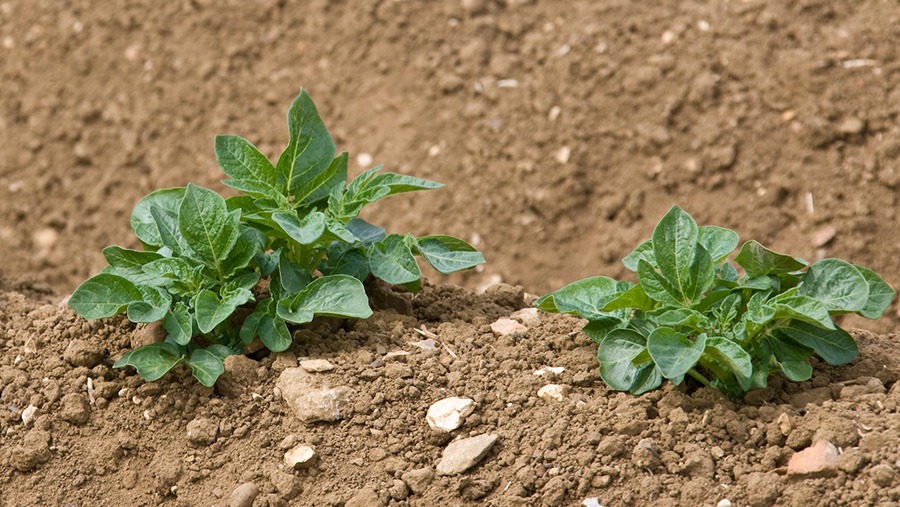Precision spraying could reduce herbicide use by 95%
 © Tim Scrivener
© Tim Scrivener Herbicide inputs in field vegetable crops could be reduced by up to 95% if a targeted weed-control project makes it into the commercial sphere.
This would be achieved by combining an imaging system with an automated spot herbicide ejector, which would be able to recognise unwanted plants in row crops and only apply herbicide to them.
See also: Researchers to grow and harvest crop using only robots
Titled eyeSpot, the project is part funded by AHDB Horticulture with the concept of “no herbicide applied to the crop; none to the soil; only to the weeds.”
The idea represents a shift from relying on future chemistry developments towards engineering to compensate for the loss of existing herbicides and minimise the impact of the chemicals on soil and non-target organisms.
No machine is ready to roll yet, but the concept was successfully tested this summer by manually applying glyphosate to weeds in a field of savoy cabbages, which resulted in significantly higher yields than in a conventional control field which received a pre-emergence application of pendimethalin.
Early stages
The collaborative project between the University of Reading, Precision Farming Robotics, Concurrent Solutions, and Knight Farm Machinery hopes to have a machine suitable for field trials by 2018.
Research project leader Alistair Murdoch, from the University of Reading said: “By accurately targeting leaf-specific droplet applications, it is the ultimate in precision agriculture.
“It is therefore particularly important systemic, broad-spectrum active ingredients such as glyphosate remain available to farmers and growers.”

